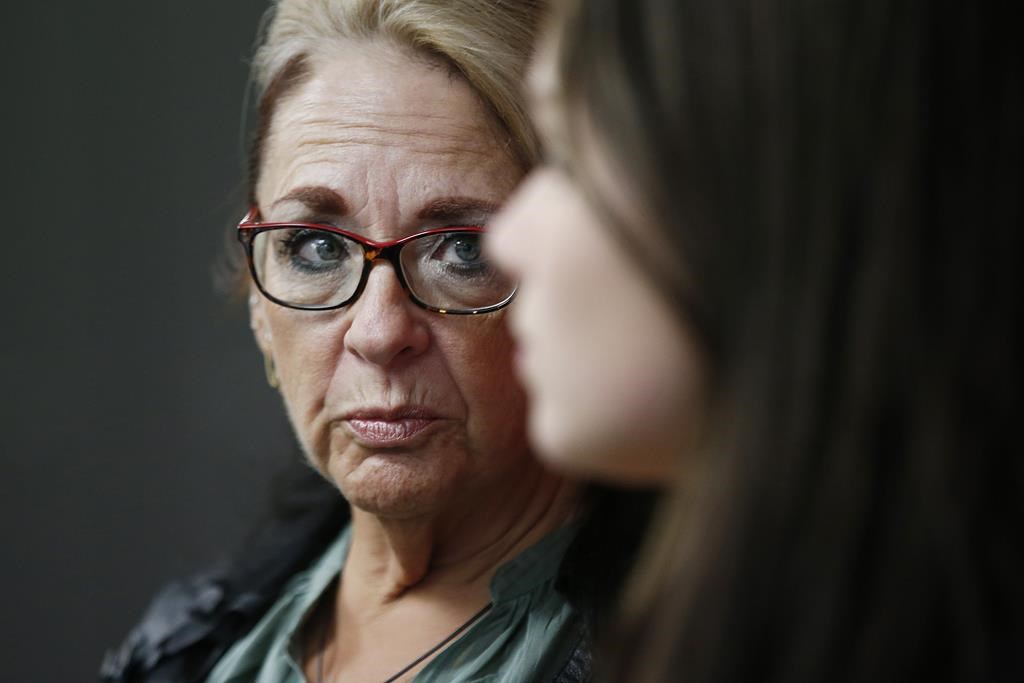The union representing Manitoba government employees wants more details before it considers the Pallister government’s plan to reduce the work week for public servants during the COVID-19 outbreak.

Faced with an estimated $1 billion in costs stemming from the pandemic, the government wants to cut hours or temporarily lay off government workers and Crown corporation employees it deems non-essential.
The government has asked the Manitoba Government and General Employees’ Union to help lobby the federal government to expand job-sharing programs and employment insurance options, already available to the private sector, to provincial civil servants.
The union wrote to Premier Brian Pallister on Friday looking for details.
“We cannot engage with our members about significant workforce reduction proposals without knowing which members we would be approaching, what the impact would be, and for how long it might be felt,”union president Michelle Gawronsky wrote.
“It is impossible for us to proceed on these requests.”
Reg Helwer, minister responsible for the civil service, said it was too early to say which workers would be asked to accept cuts.

Get weekly health news
“That’s something we’re negotiating right now,” he said.
Municipalities asked to tighten belts
The province has also warned municipalities to keep their budgets in check.
In a letter to mayors obtained by the NDP Opposition, Municipal Relations Minister Rochelle Squires urged them to look for savings in anticipation of extra costs related to the pandemic.
She suggested they take “new measures” to keep their budgets in check.
NDP Leader Wab Kinew said it appears the province is urging mayors to cut jobs and salaries.
“The provincial plan to cut wages is bad enough … and now … the province is telling municipalities to move in the same direction,” Kinew said.
“And so that big hit to jobs and to incomes and to the spinoff effects in the economy is going to be way worse.”
Squires said the province is not cutting funding to municipalities because of the pandemic.
“It just wants them to keep their budgets on track as they deal with deferred property taxes, increased emergency expenses and other issues,” she said.
“We are looking to municipalities to work with the budgets that they have,” Squires said.
“We’re asking them to look at what they can do to live within their means and to come up with solutions … as to what makes sense for their residents and ratepayers.”

Questions about COVID-19? Here are some things you need to know:
Health officials caution against all international travel. Returning travellers are legally obligated to self-isolate for 14 days, beginning March 26, in case they develop symptoms and to prevent spreading the virus to others. Some provinces and territories have also implemented additional recommendations or enforcement measures to ensure those returning to the area self-isolate.
Symptoms can include fever, cough and difficulty breathing — very similar to a cold or flu. Some people can develop a more severe illness. People most at risk of this include older adults and people with severe chronic medical conditions like heart, lung or kidney disease. If you develop symptoms, contact public health authorities.
To prevent the virus from spreading, experts recommend frequent handwashing and coughing into your sleeve. They also recommend minimizing contact with others, staying home as much as possible and maintaining a distance of two metres from other people if you go out.
For full COVID-19 coverage from Global News, click here.
- B.C. to adopt permanent daylight saving time, after springing forward one more time
- In London, Poilievre pitches new UK, Australia, New Zealand partnership
- No more federal budget watchdog in Ottawa as interim PBO’s term expires
- Danielle Smith says Iran war underscores need for new Alberta pipeline to the coast









Comments
Want to discuss? Please read our Commenting Policy first.